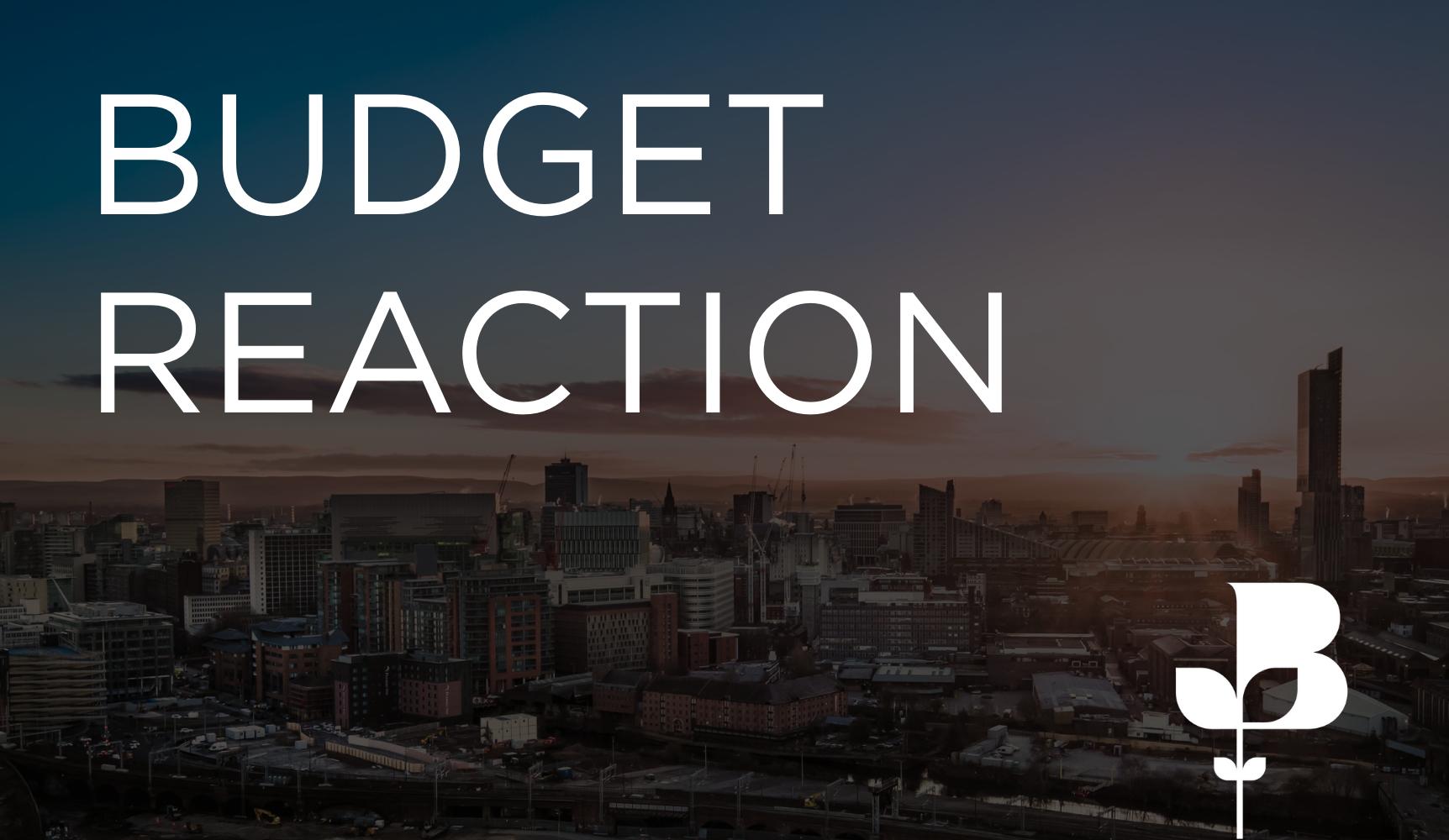Budget Reaction: Fails to Deliver What the Economy Needs

Subrahmaniam Krishnan-Harihara, Deputy Director of Research at Greater Manchester Chamber of Commerce, gives his reaction to the Budget.
Chancellor Rachel Reeves delivered her second Budget today, attempting to address a multi-billion fiscal gap through measures including extended income tax threshold freezes, gambling tax increases, a mansion tax on properties over £2m, increased dividend taxes and new restrictions on salary sacrifice pension contributions.
The run up the Budget was pessimistic because of the expected and now confirmed OBR downgrades to UK economic growth and productivity – which widens the fiscal “black hole” – and chaotic because of the policy “kite flying” and U-turns on some anticipated measures, such as the proposed increase in income tax rates. The result is a Budget that fundamentally fails to deliver what the UK economy needs.
To start off, the arithmetic does not appear to work. The announced measures raise approximately £26 billion. Simultaneously, spending is expected to increase significantly. For example, the Government have taken up direct funding of special needs education from 2028-29 costing up to £6.3 billion annually, while spending on sickness related benefits will be up by £20 billion annually by the end of the decade. Indeed, the OBR has warned that even the increased headroom that the Chancellor expects is still small compared with the uncertain economic forecasts and the smorgasbord approach to raising additional tax revenues. Therefore, there is concern that the gap the Chancellor needs to fill may not be filled. That means the Chancellor is counting on very optimistic levels of economic growth or, perhaps, holding back on larger measures for the coming years. Otherwise, the gap remains unfilled.
Also concerning is the Budget's economic impact. By extending income tax threshold freezes to 2030/31, the Chancellor will strip up to £800 annually from a full-time minimum wage worker's spending power by the end of the decade. Moreover, the fiscal drag could pull an additional 400,000 people into paying income tax and push 600,000 more into higher tax bands.
At the same time, the National Living Wage rises in April 2026 by 4.1% to £12.77 per hour, while workers between 18 and 20 will get an 8.5% rise to £10.85. In addition to the fact that workers will gain only 80% of that increase – fiscal drag claws back the rest – these rises also put pressure on businesses because the cost of employment goes up. This pro-cyclical tightening comes precisely when growth is weakening, and the OBR has downgraded productivity forecasts. These measures could actively suppress consumer spending and the business confidence needed for recovery. The behavioural response to these measures is going to be critical. If there is a reduction in the number of hours worked to offset tax increases or additional business costs, this measure will have an adverse impact on employment.
The Budget's development process reveals profound political weakness. The dramatic U-turn on income tax rate rises, which was abandoned after Labour's own deputy leader warned it would "destroy trust in politics" reiterates a pattern across winter fuel payments and disability benefits. This is reactive crisis management, not strategic governing from a government that is hostage to backbench pressure.
Most damagingly, the Budget is silent on the long-term strategy for both growing and rebalancing the UK economy. There is a plethora of plans: industrial strategy, consultation on planning reform, local growth plans and small investments such as an AI zone for Wales. But there is still no substantial regional infrastructure pipeline. For example, there is still no confirmation of Northern Powerhouse Rail or a new line from Manchester to Liverpool. The question that many will be left asking is what the Chancellor is meaningfully doing to boost productivity in regions that face persistent deficits relative to London and the South East. In summary, while the Chancellor promised "fairness and opportunity", she appears to have delivered a hotchpotch of tax rises, leaving the door open for more tax rises during the rest of this Parliamentary term.
Fiscal sustainability and economic growth are not opposing objectives - they are mutually reinforcing. A Budget focused solely on raising revenue through stealth taxes, without measures to boost productivity, risks creating a vicious cycle of weak growth requiring further tax rises. If it is the latter, we face a "doom loop". And that would be the worst outcome for the UK economy.


